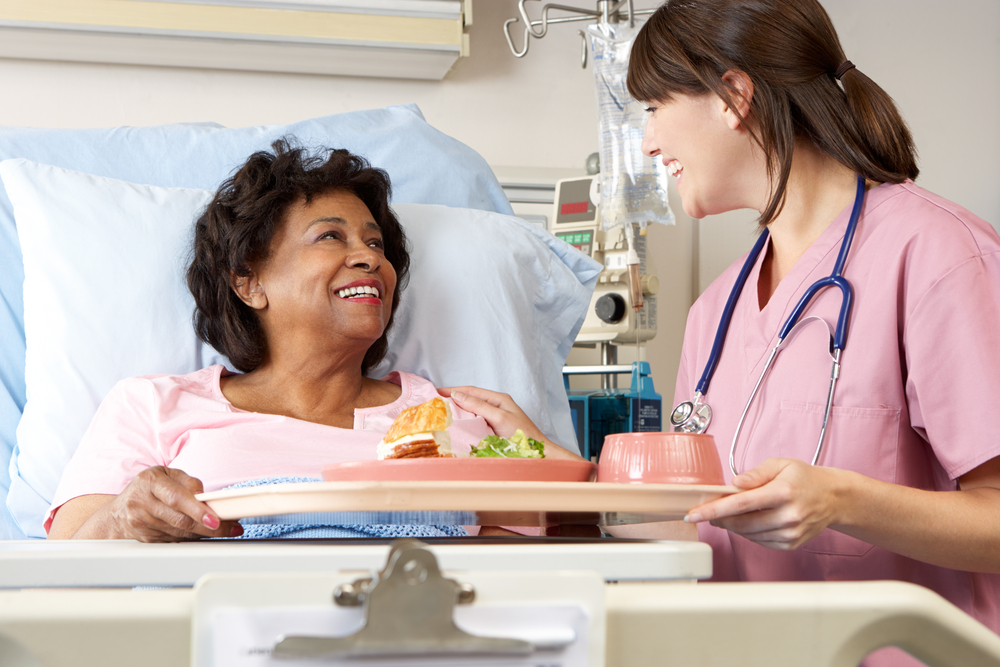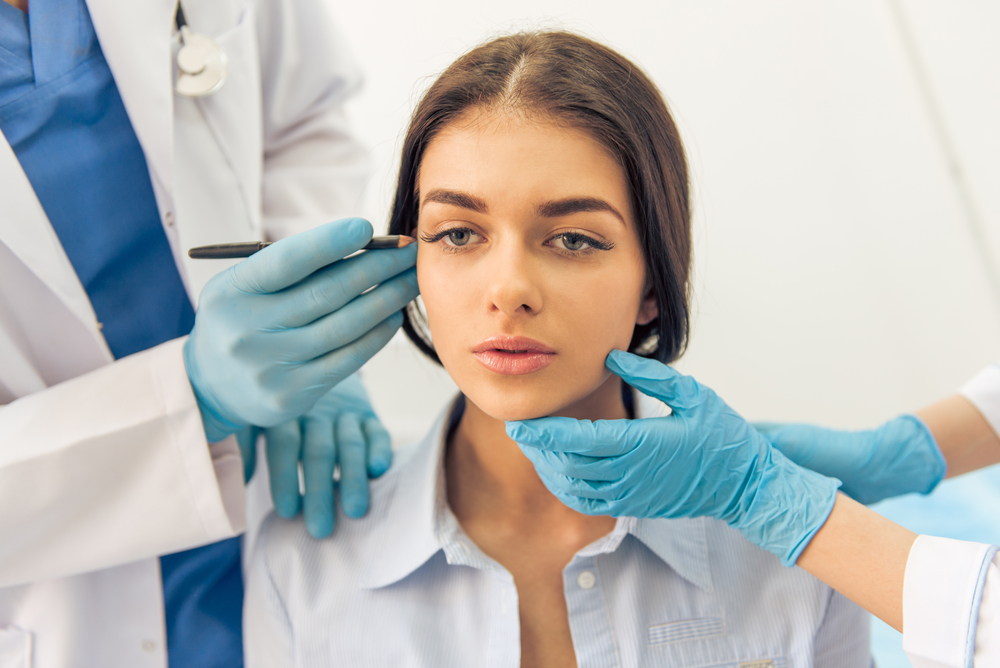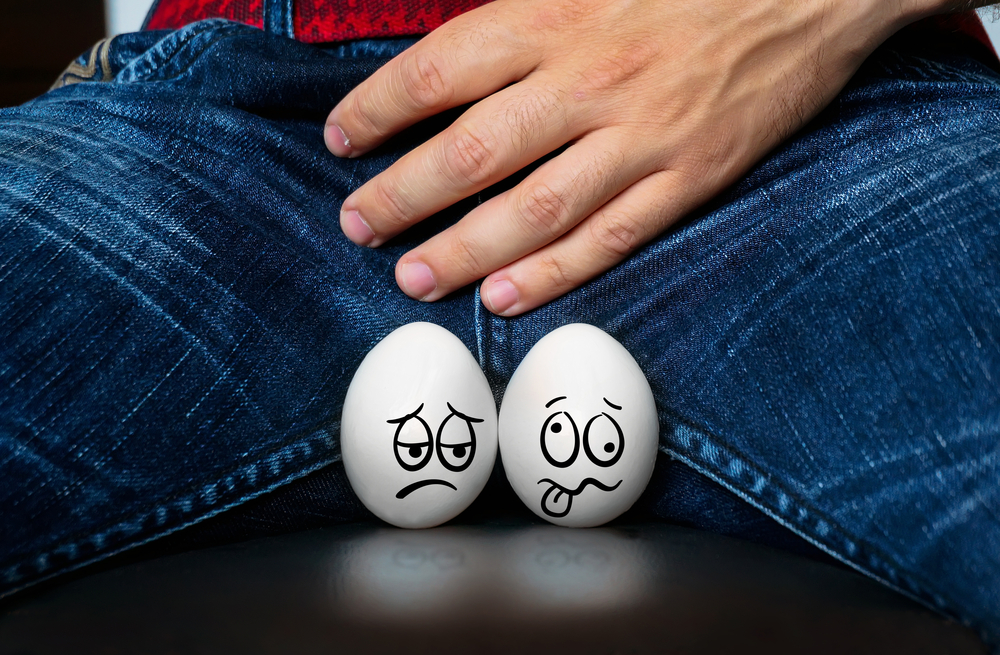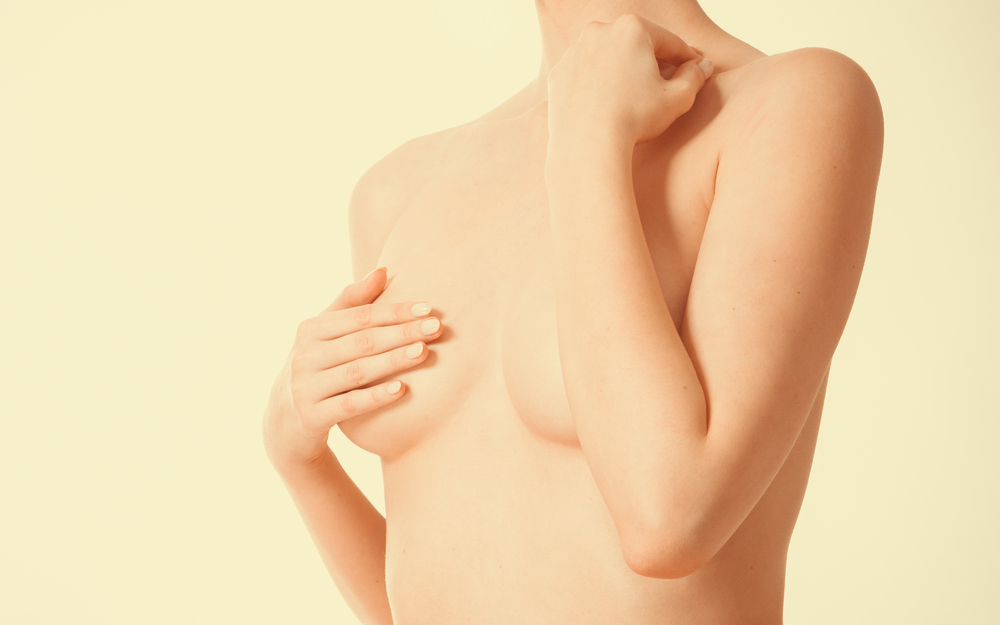Eating the right foods pre- and post-surgery can help speed up your recovery by giving your body the nutrients it needs to minimize swelling, inflammation, and scarring.
We spoke with three expert plastic surgeons to discuss the perfect foods to eat before and after your cosmetic procedure.
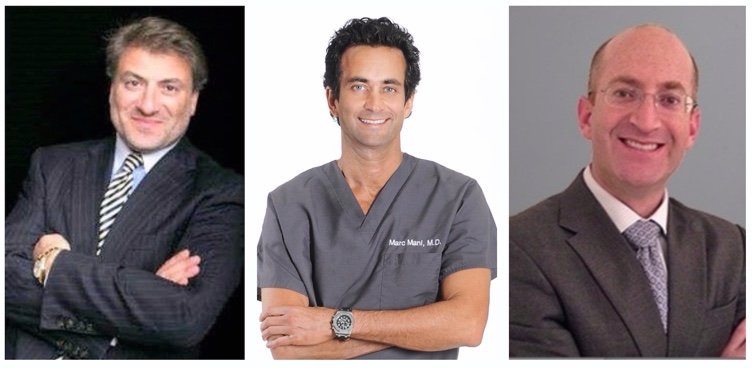
How your diet can help with healing
When you’re considering a surgical procedure, you have to be aware that you’re about to put your body through a significant level of stress and trauma.
Of course, much of that trauma is caused by the surgical incision itself. Thankfully, compared to an accidental injury, surgical incisions are clean, which already gives your body a healing advantage. That’s why most cosmetic procedures generally have a low risk of complications when performed by an experienced plastic surgeon.
Other than your surgeon’s competence, your overall health is also crucial to the healing process.
“Health, besides being predetermined by a person’s genetic makeup, is very dependent on everyday diet,” says New York plastic and cosmetic surgeon Dr. Leonard Grossman. “Quite simply, a well balanced diet allows the patient to be prepared for the physical and emotional healing process brought on by the trauma of surgery.”
“Health, besides being predetermined by a person’s genetic makeup, is very dependent on everyday diet.”
Dr. Leonard Grossman
Beverly Hills plastic surgeon Dr. Marc Mani also suggests that you take your diet very seriously, as it can have a direct impact on your recovery rate, and even minimize scarring. “Diet is a huge factor in healing,” says Mani. “By following a very specific diet, both preoperatively and postoperatively, patients can reduce swelling and inflammation while ensuring optimal healing of the incision.”
Inversely, bad eating habits can worsen inflammation, decrease collagen synthesis (needed for scar and skin formation), slow down your body’s immune activity, and decrease the strength of connective tissues.
If you are considering any type of plastic surgery procedure, it’s highly recommended that you follow a healthy pre- and post-surgery diet. Let’s talk about how you can do that.
Pre-surgery diet: What you should eat and foods to avoid
“The first step every person needs to take is to avoid processed foods, especially carbohydrates like bread, rice and cereal, as these are known to promote inflammation,” says Mani.
Essentially, the best foods to eat before surgery are fresh, natural products. “Focus on eating real foods — foods that are God’s creation, not man-made,” advises Grossman. “Cooking from scratch will prepare your body and is the key to success. Anything else that comes from a box, can, or container should be avoided.”
To kickstart your day, both Mani and Grossman suggest that you consume a burst of berries such as strawberries, blueberries, and raspberries. These contain potent levels of antioxidants and nutrients that are readily absorbed by the body to help support it in many of its functions.
Throughout the day, you should minimize carbohydrates (bread, rice, pasta, potatoes), and instead rely on an abundance of non-starchy vegetables as your predominant source of carbs.
Non-starchy vegetables
- Artichokes
- Asparagus
- Celery
- Tomatoes
- Bell peppers
- Onions
- Leeks
- Eggplant
- Cauliflower
- Broccoli
- Cucumbers
- Cabbage
- Brussels sprouts
- Zucchini
- Green beans
“Many fresh fruits and vegetables contain vitamin C, which is critical for new collagen synthesis and effective wound healing,” says Los Angeles plastic surgeon Dr. Elliot Hirsch. “If there is any deficiency in vitamin C, it can delay the healing process significantly.”
Fresh fruit and vegetables also provide a wide array of other essential vitamins and minerals, along with antioxidants, phytochemicals and beneficial compounds known to promote optimal health. Try including a side of dark colored leafy veggies — like spinach or Swiss chard — with every meal, as these are nutrient-dense and antioxidant-rich.
For healthy sources of protein, favor chicken, fish, beans, and eggs. Dairy products should be minimized as they can worsen inflammation for many people.
You should also consider a good protein powder to supplement your diet. A berry shake with protein powder can be a great way to start your day off right.
“In particular, you’ll want to eat foods that are rich in omega-3 fatty acids,” says Mani. “Omega-3s are well known for their ability to curb inflammation.”
Omega-3 rich food sources include fatty fish — such as salmon, sardines and tuna — as well as chia seeds, flaxseeds, and walnuts. Olive oil is another anti-inflammatory fat that you can use in salad dressings or to replace butter and non-stick sprays for cooking purposes.
Grossman also suggests that supplementing your diet with vitamins can be beneficial prior to surgery. In particular, vitamin C and magnesium can help boost the immune system and decrease inflammation.
Finally, don’t forget to drink plenty of water. You need at least eight glasses of hydrating fluids every day to keep your body in proper order.
One last word of advice: “Remember that the medications that are used during surgery, as well as pain medication, can slow down the mobility of food through the intestines,” says Hirsch. “The night before surgery, patients should eat a light meal, and avoid heavy animal fats and meats that take longer to digest.”
By following this diet, your body and mind will be ready to face the stress of surgery.
Your post-surgery diet: foods that promote healing
The best foods to eat after surgery will change as the healing process progresses. “The first night after surgery, patients should again eat a light meal. That typically begins with clear liquids,” says Hirsch. “Patients may then progress to heavier foods as they can tolerate them.”
Once you’re back to eating regular food, “it’s best to continue with the same anti-inflammatory and antioxidant diet you were eating preoperatively,” says Mani. “However, eating more protein is the main difference compared to the pre-op diet.”
Protein, which is made up of amino acids, is needed to build new cells and structures efficiently throughout the entire healing process. Immune system cells are predominantly made up of proteins, and assist in balancing the inflammatory response in the body. Collagen is also a protein, which you need for proper scar and skin repair.
It should also be noted that the body will demand extra energy during the wound healing process. For this reason, Mani suggests that you no longer limit yourself to lean proteins. “Incisions heal faster when the calorie count is bumped up a bit after surgery, so including a bit more fatty food is okay for a brief period of a week or two as long as there are no cholesterol or heart issues of course, which should not be the case with any patient having elective cosmetic surgery,” he says.
“Incisions heal faster when the calorie count is bumped up a bit after surgery…”
Dr. Marc Mani
Healthy fat sources include fatty fish, nuts, seeds, olive oil, coconut oil, olives, and avocado. An indulgence in fattier cuts of meat at this time is also appropriate.
You will need to continue limiting your carbohydrate intake however, and keep your focus on non-starchy vegetables. “In my experience, a diet with almost no carbs prevents swelling, and helps the patient feel normal much quicker,” says Grossman.
So what about foods that can promote faster healing?
While there are no miracle foods or magical pills you can rely on, Mani suggests three categories of foods that can help boost your rate of healing.
- Antioxidant-rich fruits and vegetables: As a natural consequence of inflammation from surgery, the body will temporarily produce higher levels of free radicals. You can help combat this and support oxidative balance by eating more antioxidant-rich foods such as spinach, kale, and other leafy green vegetables, along with fruits like strawberries, blueberries, and blackberries.
- Vitamin A-rich foods: Vitamin A is essential for epidermal (skin) growth, aiding in the reproduction and differentiation of cells. It’s also an immune-booster and anti-inflammatory nutrient. Vitamin A-rich foods include kale, spinach, beet greens, and other leafy greens, as well as carrots and squash.
- Vitamin C-rich foods: While you may already know that vitamin C promotes the synthesis of collagen, during wound healing it also plays a role in helping to stabilize the structure of collagen. On top of this, vitamin C boosts your immune function, sending in special immune cells that can assist with the wound healing process. Vitamin C-rich foods include bell peppers, citrus, tomatoes, mustard spinach, broccoli, kale, parsley, Brussels sprouts, and cauliflower.
Although eating healthy does require a fair amount of discipline, the efforts are well worth it. As Grossman says, “When patients follow the guidelines on how to eat before and after surgery, most are surprised at how good they feel!”





